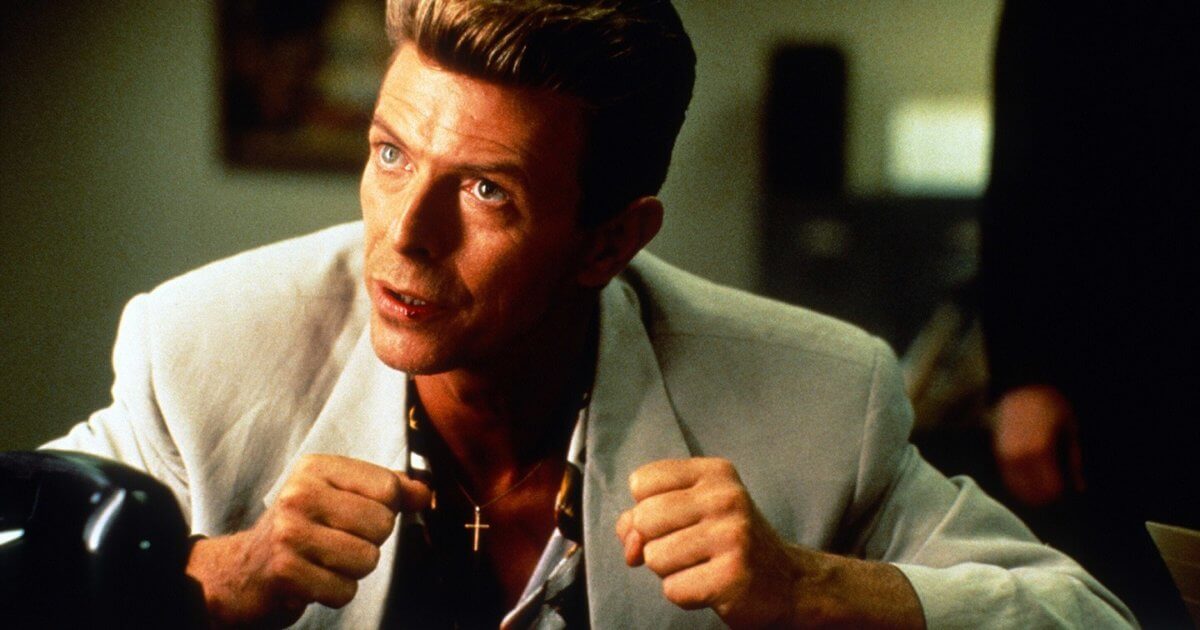Remembering a Legend
- David Bowie, one of rock’s brightest stars, passed away six years ago from liver cancer.
- The singer released his final album on his 69th birthday, just two days before his death.
- Fans and friends have taken to social media to share words and pictures commemorating the impact that Bowie had on popular culture and on their personal lives. Bowie was diagnosed with liver cancer in 2014 and fought the disease for 18 months.
Bowie passed away in 2016 at the age of 69. He kept his diagnosis relatively quiet and out of the public eye, but his dedication to his music never wavered. Just days before his death, Bowie released his fifteenth studio album Blackstar and wrote a thorough five-year plan for how he wanted all of his music created and released posthumously. By the time of his passing, Bowie's liver cancer had reportedly spread throughout his body.
Read More
View this post on Instagram
Fans and friends have continued to mark the singer's birthday and the anniversary of his passing with photos and words of remembrance. Bowie would have been 75 years old January 8.
Bowie's Liver Cancer Battle
Bowie was diagnosed with liver cancer in 2014 and fought the disease for 18 months. Bowie kept his cancer battle private, and his death came as a shock to many of his fans. His fans were, however, grateful that Bowie released his final album, Blackstar, on his 69th birthday, just two days before he passed away.
Cancer survivors share how their artwork has provided an outlet during their cancer journey.
Liver cancer affects approximately 42,000 Americans per year, according to the American Cancer Society (ACS). Causes of this disease may include excessive alcohol consumption or a family history of liver cancer. Several different types of liver cancer exit, and the most common is hepatocellular carcinoma. Symptoms of this disease may include abdominal pain, unexplained weight loss, decrease or loss of appetite, fatigue, nausea, and jaundice.
Turning To Creative Outlets During Cancer Treatment
For many people, turning to creative outlets like painting, writing, and making music can help cope with cancer treatment and give them a break from fixating on the challenges they're facing.
Three-time cancer survivor Marianne Cuozzo turned to painting after being diagnosed with Non-Hodgkins Lymphoma at 28 years old as a way to express how she was feeling through her art. While talking through emotions can be helpful for many, Cuozzo says that her art reflects how she's building confidence in her body and sexuality after undergoing a double mastectomy for breast cancer treatment.
Three-time cancer survivor Marianne Cuozzo uses her art to channel her feelings about body image and sexuality.
"When I was first diagnosed when I was 28, I had a little studio at my house," Cuozzo explains. "I'd go in the studio, and I had these huge pieces of charcoal. I would do these really angry charcoal drawings, and I'd roll them up and stuff them under the couch. No one was meant to see them because it was just for me and, my cathartic getting out my anger. Then recently, with having the breast cancer, it became a body image…My artwork is very reflective of my cancer journey."
For Matthew Zachary, who faced brain cancer when he was just 21, he chose to not go through chemotherapy treatments in fear that his career as a concert pianist would be in jeopardy he didn't want to do anything that might interfere with his ability to play piano. He had already gone through radiation and surgery which affected his ability to play, and wasn't ready to give up his passion entirely.
Your choices, and whats important in your life should matter when making decisions about your cancer treatment.
"Here I am, concert pianist," Zachary says. "Well, with cancer and after radiation and surgery, they wanted to give me chemotherapy. If I were to have taken the chemotherapy protocol, I would have never played piano again. So I went back to the doctor's, and I said that to them 'I don't want your chemotherapy,' and they yelled at me and like 'we're trying to save your life!' What life would I have without piano?"
Learn more about SurvivorNet's rigorous medical review process.


